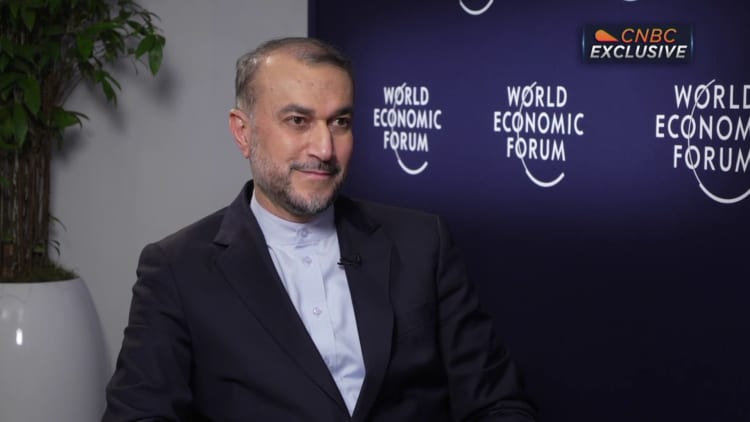[tdc_zone type=”tdc_content”][vc_row][vc_column width=”1/1″]
Trending Now
POLITICS
How the Houthi Militia in Yemen Became a Nimble U.S. Foe
For years, the scrappy Iran-backed Yemeni rebels known as the Houthis did such a good job of bedeviling American partners in the Middle East...
BUSINESS
ECONOMY
SPORTS
NBA defenses can’t keep up with the highest-scoring offenses
Complaints about NBA defensive intensity have littered sports debate television, podcasts, and columns all season. As of Tuesday, the top five teams in...
HEALTH
Eyeglasses Improve Income as Well as Sight, Study Shows
If you’re 50 or older and reading this article, chances are you are wearing a pair of inexpensive reading glasses to correct your...
TECHNOLOGY
How DMA gatekeepers are responding to the EU’s new competition rules...
The compliance deadline for the six tech giants regulated under the European Union’s Digital Markets Act (DMA) expired yesterday. Which means Alphabet/Google, Amazon,...
INSURANCE
MOST POPLULAR
Fact Or Fiction: USC Should Feel Better About Holding Onto Julian...
Rivals national recruiting analyst John Garcia is joined by national recruiting director Adam Gorney, national recruiting analyst Adam Friedman and Pat Burnham of...


































